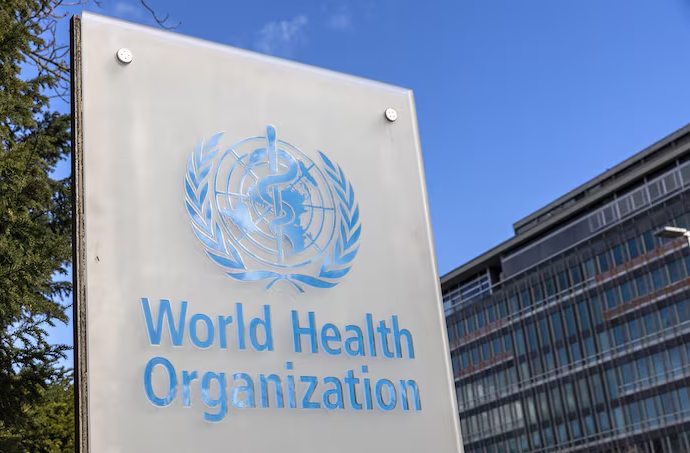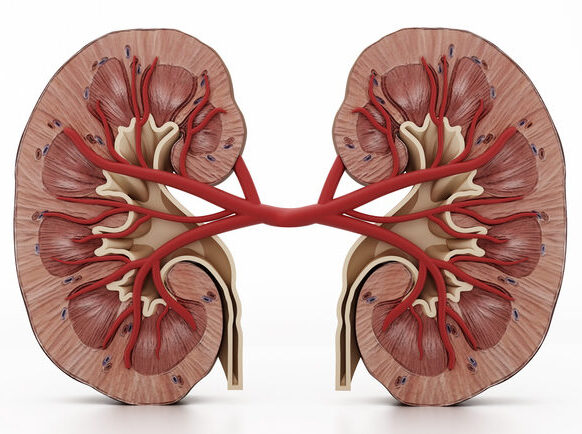Long-term COVID risk has been observed to rise with low vitamin D levels, according to a study presented at the 25th European Congress of Endocrinology in Istanbul. The findings imply that people should have their vitamin D levels monitored following COVID-19.
{{^userSubscribed}}
{{/userSubscribed}}
{{^userSubscribed}}
{{/userSubscribed}}
Long COVID, also known as post-COVID-19 syndrome, is a novel illness in which the symptoms of COVID-19 linger for more than 12 weeks after the original infection. Despite the fact that studies have indicated that it affects 50-70% of patients who had previously been admitted for COVID-19, little is known about the disorder.
Low vitamin D levels are one risk factor for poor outcomes in hospitalised COVID-19 patients, such as intubation, mechanical ventilation, or death, but its function in extended COVID has not been well examined.
For this study, supported by Abiogen Pharma SpA, researchers from the Vita-Salute San Raffaele University and IRCCS San Raffaele Hospital in Milan examined 100 patients aged 51-70 years, with and without long COVID.
{{^userSubscribed}}
{{/userSubscribed}}
{{^userSubscribed}}
{{/userSubscribed}}
They measured their vitamin D levels when first admitted to hospital for COVID-19 and six months after being discharged, and found lower vitamin D levels in patients with long COVID compared to those without. This result was more evident in patients who experienced ‘brain fog’ symptoms, such as confusion, forgetfulness and poor concentration, at the six-month follow-up.
The researchers included patients without any bone conditions and only those who went to hospital for COVID-19, without ending up in the intensive care units (ICUs). They matched the two groups, with and without long COVID, in terms of age, sex, pre-existing chronic diseases and COVID-19 severity.
“Previous studies on the role of vitamin D in long COVID were not conclusive mainly due to many confounding factors,” said lead investigator Professor Andrea Giustina. “The highly-controlled nature of our study helps us better understand the role of vitamin D deficiency in long COVID, and establish that there is likely a link between vitamin D deficiency and long COVID.”
{{^userSubscribed}}
{{/userSubscribed}}
{{^userSubscribed}}
{{/userSubscribed}}
This story has been published from a wire agency feed without modifications to the text. Only the headline has been changed.










